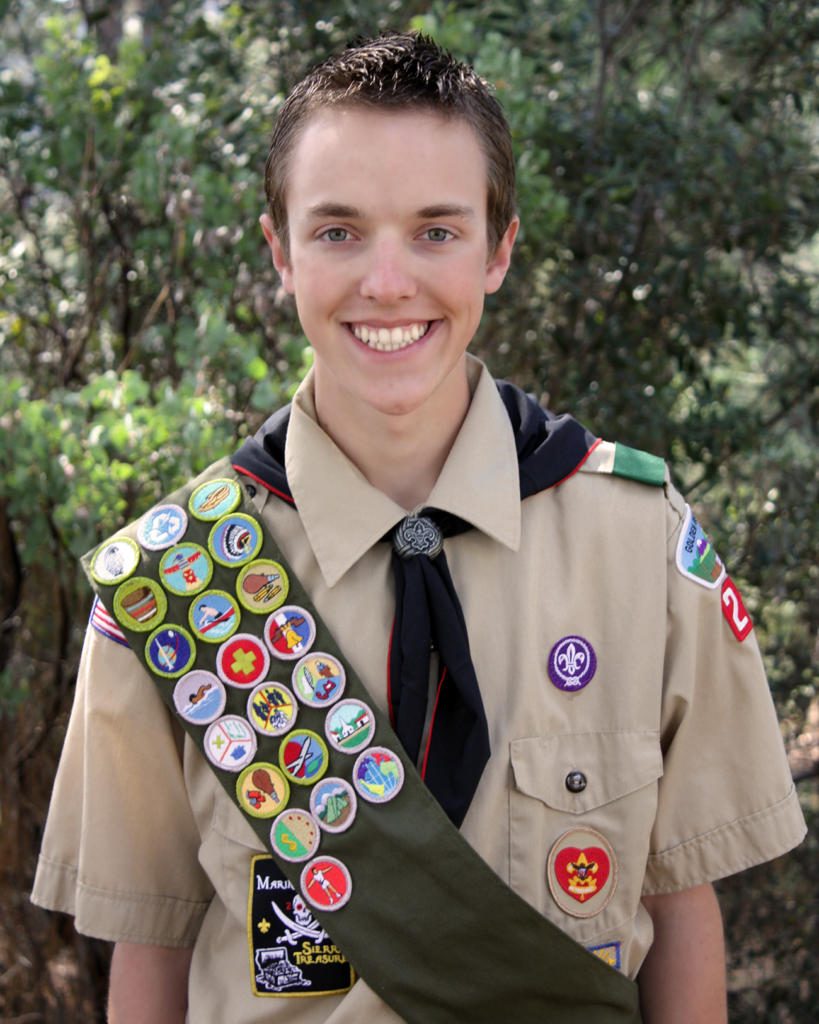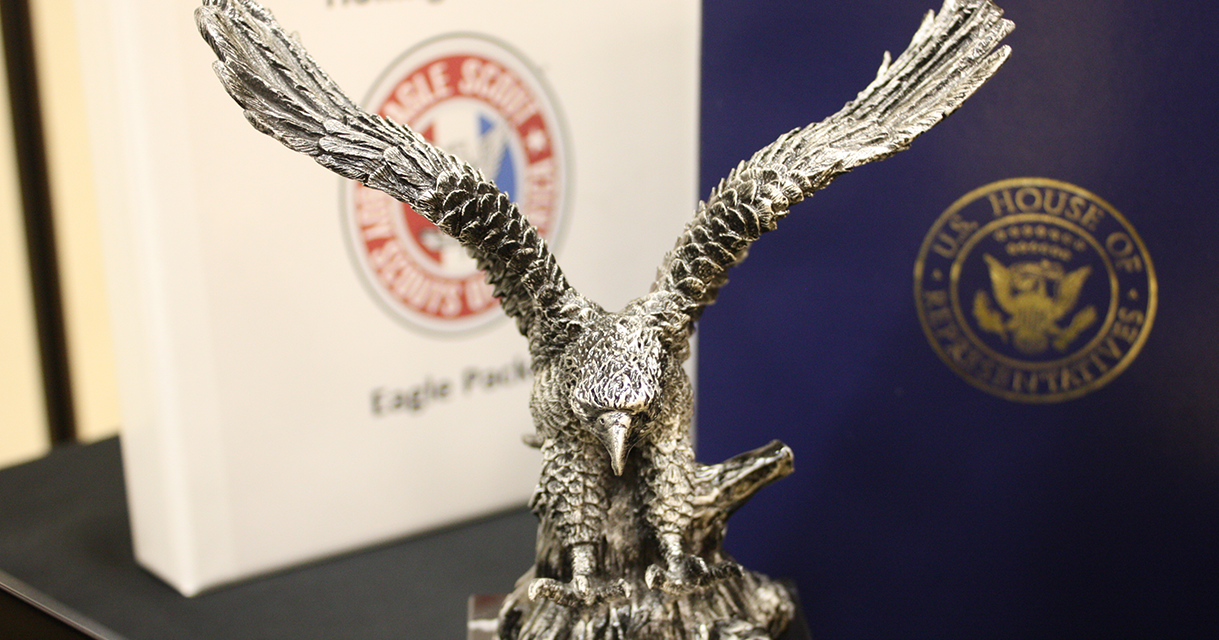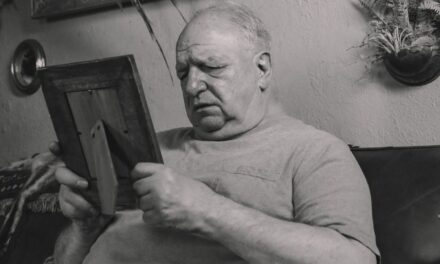At 33, it’s been quite some time since I was a Boy Scout.
But they were good times and good memories.
From learning to fish in the Lake Tahoe wilderness to spending lots of time with my Dad, brothers, Grandpa, and friends, I experienced much that taught me how to work hard, persevere, and keep strong to commitments.
After being a Boy Scout of America, I continued my path all the way to getting my Eagle Scout award, and was honored to share my Eagle Scout Court of Honor speech.
Below is my Eagle Scout Court of Honor speech; I’m hoping you can use an example if you need to speak yourself!
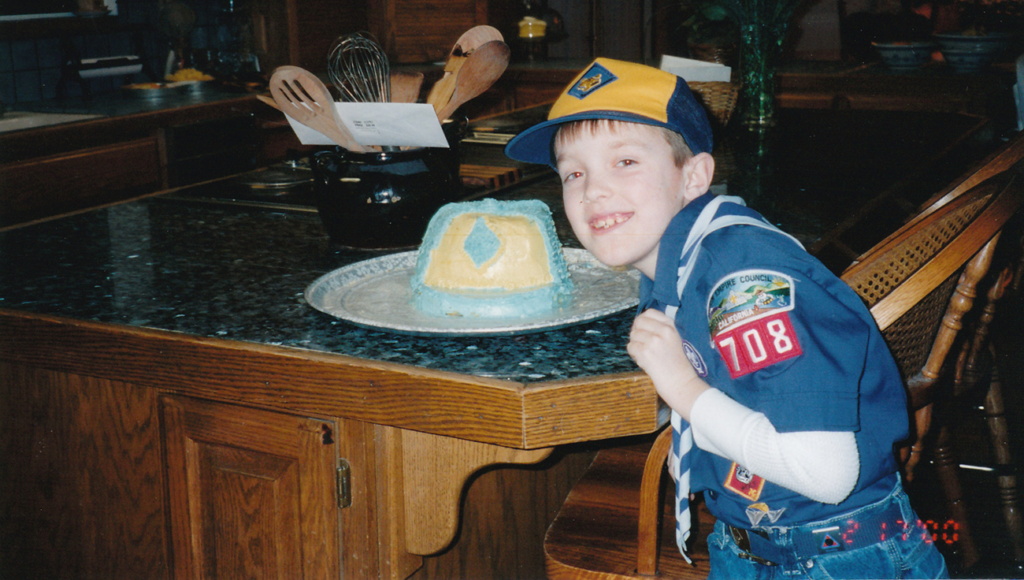
Table of Contents
Speech Example Text
I must first thank all family, friends, fellow scouts, and leaders – for joining me on this special occasion. It’s been a long road of many years, and without your support – I would not be here tonight.
At this time I feel it appropriate to relate one of my fondest Scouting memories.
Learning to Reach Deep
The plan was to camp overnight at the Ludow Cabin on the Rubicon trail in Tahoe.
We would ride eight miles in snow cat machines to the cabin, and then be carried back home the following day – after we’d tested our skills in Tahoe’s “winter wonderland.” Unbeknownst until we arrived at the trailhead, we soon found that there weren’t enough seats in the snowcats. My father and I volunteered to hike the eight miles up to the cabin.
Our hike began, as we sadly watched the others ride away in cushy snowcats, and we slowly slipped into a state of delirium. I remember my father mentioning I had nice, juicy calves that looked rather tasty – as we trudged our way up steep hills and through heavy snow. We arrived – and enjoyed our night at the cabin.
The next day, as it was time to hop in the snowcats and get whisked back to our vehicles – the news was broken to us that the snowcats weren’t coming. We had to hike back out. Here we were – a motley crew of twenty Boy Scouts, finding our way down the trail. Much against the Scout motto, we weren’t really prepared. I recall sleds strapped hazardously with hundred-pound duffle bags, much too many clothes for comfort, and a myriad of footwear. Some were wearing snowboard boots, some hiking boots, and others – a combination of boots and plastic bags.
Along the trail, we carried one another’s burdens. Those who were more prepared physically helped others by carrying a double load. Leaders were wearing not one, but two backpacks. And words of encouragement were spread amongst the group. Now that I look back – this display of kindness and compassion is exactly what Scouting stands for.
As it says in the Scout Oath, we must help other people at all times.
Joseph Smith once said, “If my life is of no value to my friends, then it is of no value to me.”
Learning to Serve Others
Scouting, as I’ve learned – offers many benefits and advantages in preparing oneself for life. Social skills are developed, hobbies and sports learned, and time management and planning learned. In order to practice these abilities, Scouts are required to perform an Eagle Scout Service project.
Over the years I’ve often enjoyed spending time at the Colfax library, so naturally, I decided to perform a service project for the library. The Library Manager, and I – decided there were currently two needs. Book and shelf cleaning, and a display case for personal collections. I would like to give a special thanks to the Colfax Librarians, and the friends of the library. If you’re here, please stand for applause. Also – for my grandfather in helping to construct the display case, and my brother for their constant help, and to any others involved in any way. The latest display at the library, which can now be seen, is a collection of antique books.
Before I mention my chosen mentors, I’d like thank my leaders for helping me to get to this point in my life, and Scouting achievements. [Insert mentors], and many, many more. It also wouldn’t be appropriate for me not to mention my Mother, who has helped me beyond words – and her ability to plan this incredible Court of Honor.
My first mentor, is my grandfather. Over the years I’ve been able to spend many camping trips and merit badges with “Poppy”, as we call him. He’s helped me to continue my Scouting career, and lately – has been an incredible help in my Eagle Project, by building, and storing – the library display case. Last year, as I decided to take up tennis, Poppy was also there to spend many days at the tennis courts – coaching me. Thank you, Poppy. [present pin]
As a second mentor, I chose someone very special to me. My Dad. It might be odd to see a father receive a Scouting pin, but I’ve had the wonderful opportunity of having my Dad as my Scoutmaster for many years of my Scouting. He’s pushed me to be the best that I can be, and I’ve been lucky enough to spend countless hours hiking, fishing, biking, triathlon-ing, golfing, mushing, and Scouting with him. We’ve crossed icy streams, gazed at the stars, ridden our bikes for miles and miles – and he’s almost been tempted to eat me, once or twice. Thank you, Dad. [present pin]
Thank you all, once more, for your overwhelming support.
History of the Boy Scouts of America
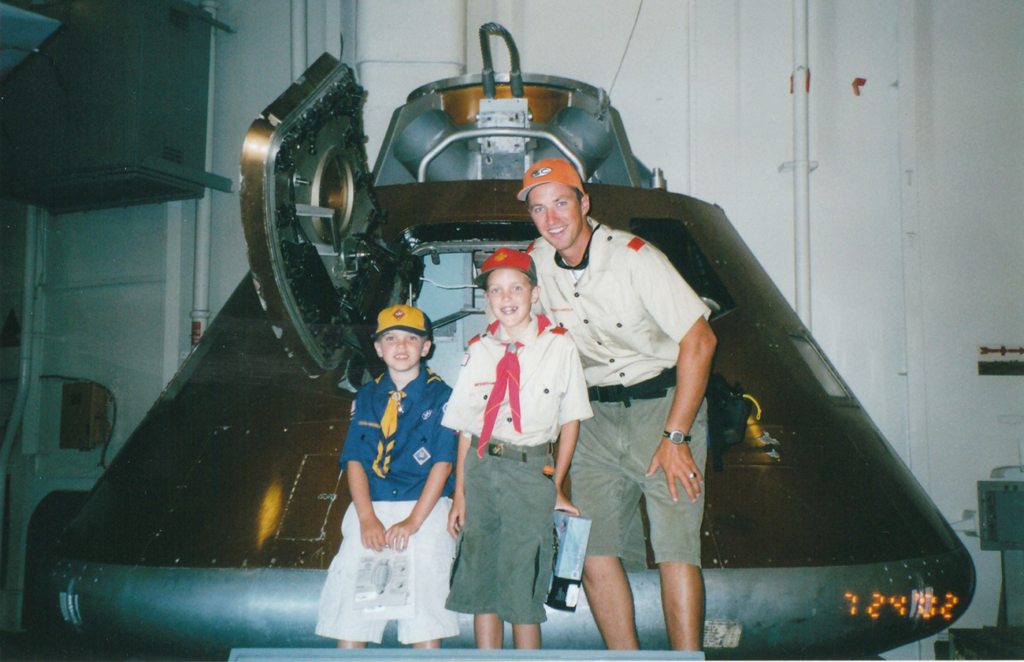
The Boy Scouts of America (BSA) started in 1910 by William D. Boyce, an American newspaperman who was inspired by the Scouting movement started by Robert Baden-Powell in England.
The BSA was created with the goal of promoting character, citizenship, and fitness among young people. Early on, the organization adopted Baden-Powell’s principles, including the Scout Oath and Law, which focus on:
- Duty to God and country
- Helping others
- Living a morally straight life
The BSA quickly grew in popularity, with its first Chief Scout Executive, James E. West, playing a significant role in shaping the organization. Under his leadership, the BSA established a solid foundation and expanded its programs, making Scouting accessible to boys across the United States.
The organization has since evolved, embracing diversity and inclusion, and continues to provide valuable life skills and leadership training to millions of youth.
Beginner Outdoor Survival
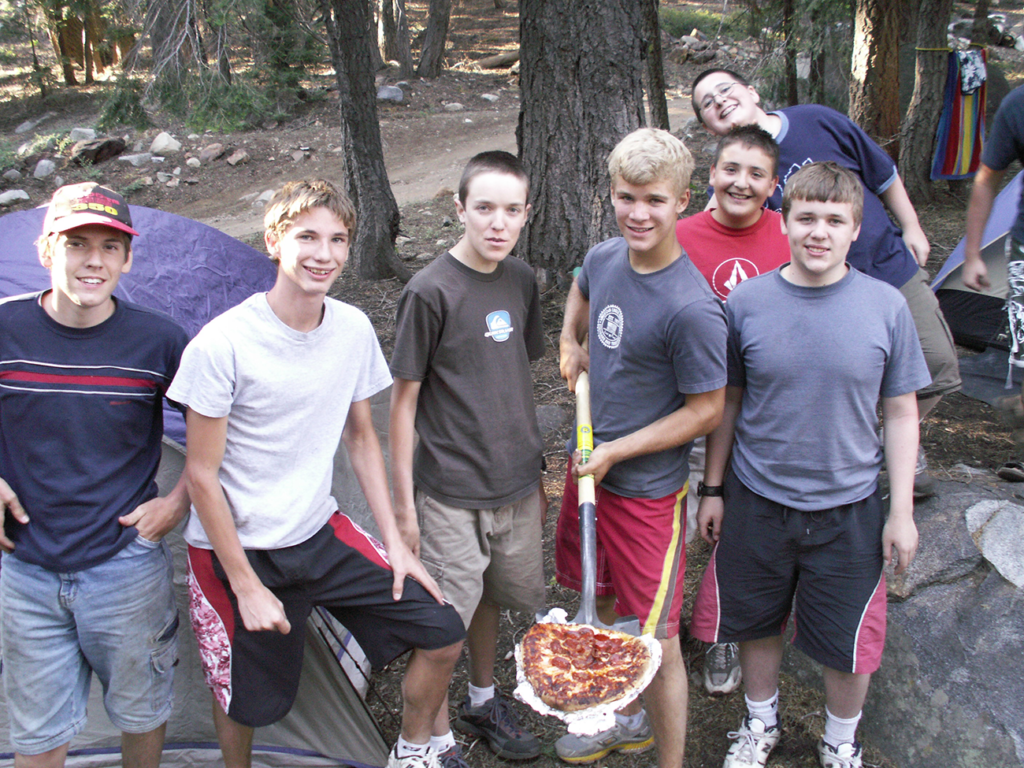
Surviving in the great outdoors requires knowledge, preparation, and a calm mindset.
Whether you’re a seasoned adventurer or new to outdoor activities, understanding the basics of survival can make a really big difference in an emergency situation.
Here are some essential tips for beginner outdoor survival:
Shelter
- Find or Create Shelter: Protection from the elements is your first priority. Look for natural shelters like caves or overhangs. If none are available, build a shelter using branches, leaves, and other natural materials. A simple lean-to or a debris hut can provide adequate protection.
- Insulation: Use leaves, grass, and pine needles to insulate your shelter. This will help keep you warm by trapping body heat.
Fire
- Gather Materials: Collect dry leaves, twigs, and branches to use as tinder and kindling. Larger logs will sustain the fire once it’s going.
- Fire Starting Methods: Learn to start a fire using various methods, such as matches, a lighter, a magnesium fire starter, or even a bow drill. Always have multiple fire-starting tools in your survival kit.
- Fire Safety: Build your fire in a safe location, away from overhanging branches and dry grass. Clear a circle around your fire pit to prevent the spread of flames.
Water
- Find a Water Source: Look for streams, rivers, or lakes. If you’re unable to find a natural source, collect rainwater or dew using leaves or tarps.
- Purify Water: Always purify water before drinking. Boil it for at least one minute, use water purification tablets, or filter it through a portable water filter.
Food
- Foraging: Learn to identify your area’s edible plants, berries, and nuts. Avoid any plants that you cannot positively identify as safe.
- Fishing and Hunting: Carry basic fishing gear and know how to set simple traps and snares. Fishing can give you a reliable food source in many environments.
- Preserving Food: If you catch fish or small game, learn how to properly clean and cook it to avoid spoilage and foodborne illness.
Navigation
- Map and Compass: Always carry with you a map and compass and know how to use them. Practice reading topographic maps and orienting yourself with a compass.
- Natural Navigation: Learn to use the sun, stars, and natural landmarks to find your way. The North Star and the position of the sun can help you determine direction.
First Aid
- First Aid Kit: Carry a well-stocked first aid kit and be sure you know how to use its contents. Include bandages, antiseptic wipes, pain relievers, and any personal medications.
- Basic First Aid Skills: Learn how to treat common injuries that you may encounter such as cuts, burns, sprains, and insect bites. Knowledge of CPR and the Heimlich maneuver can be life-saving.
Mindset
- Stay Calm: In a survival situation, staying calm and thinking clearly is crucial. Panic can lead to very poor decision-making and create dangerous mistakes.
- Positive Attitude: Maintain a good and positive attitude and focus on the tasks at hand. Your mental state can significantly impact your chances of survival.
By mastering these basic survival skills, you’ll be better prepared to handle unexpected situations in the wilderness.
Remember, preparation and knowledge are key to staying safe and enjoying your outdoor adventures.
